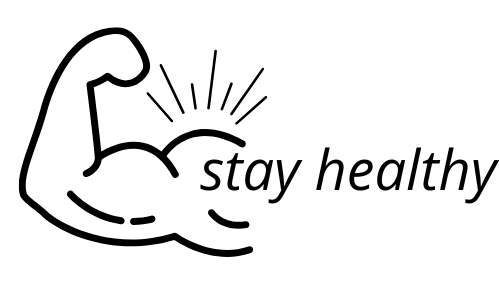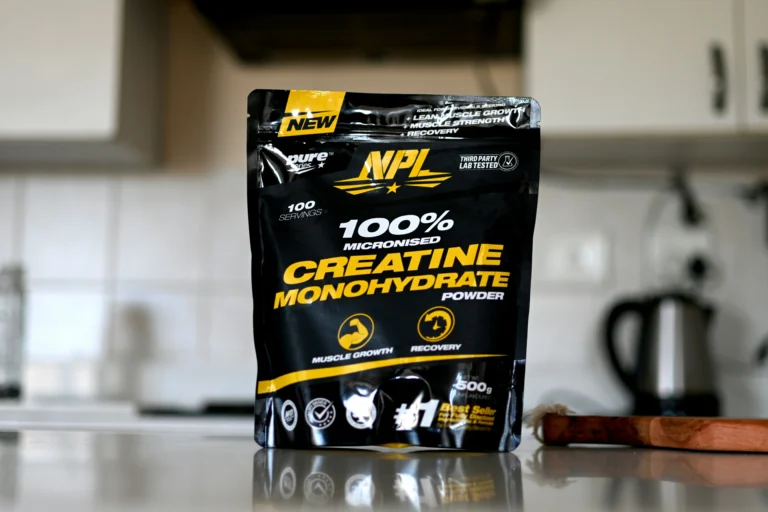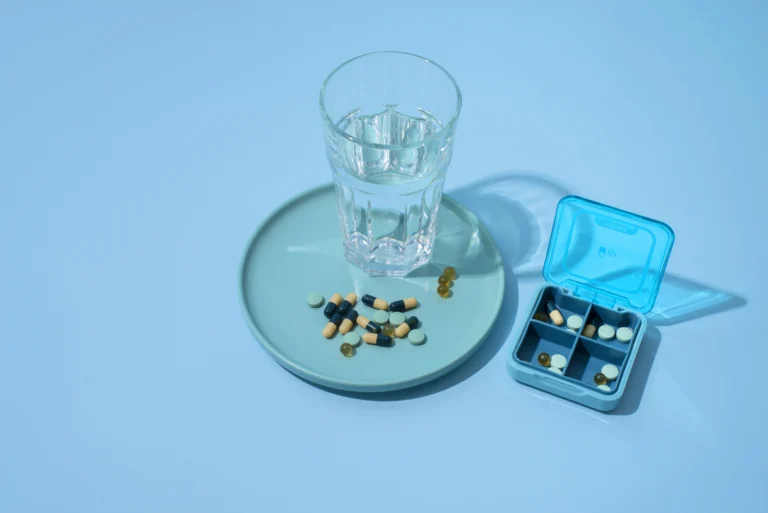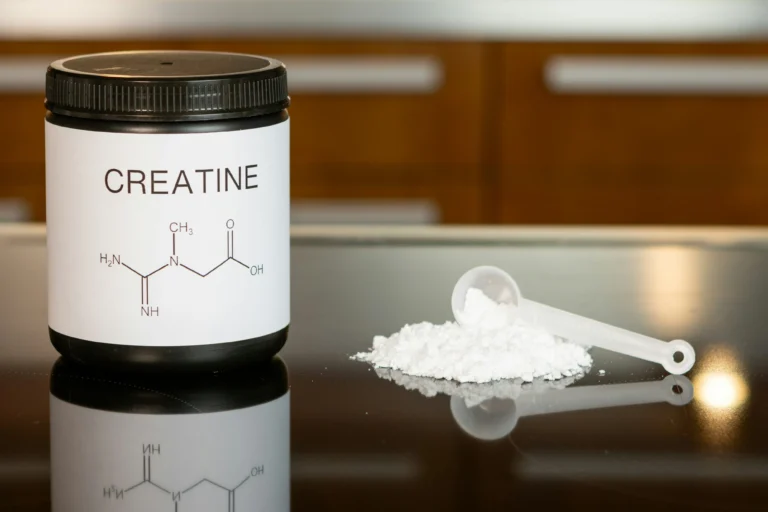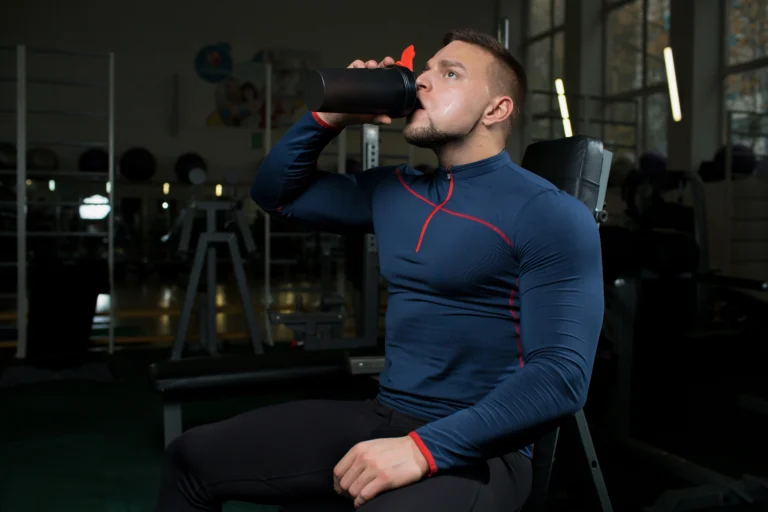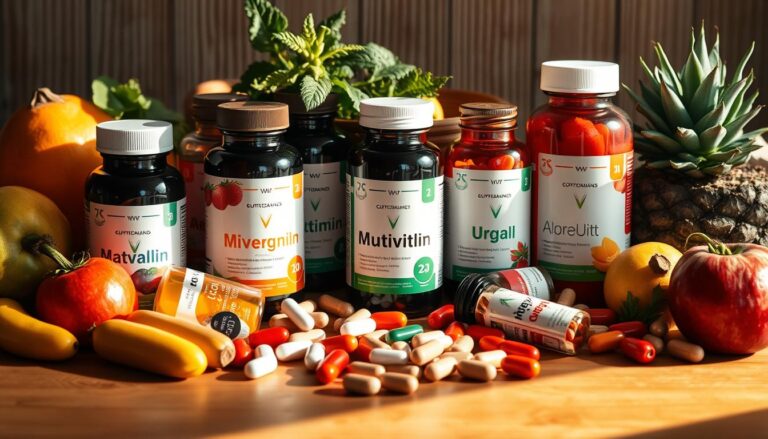Find the Best Vitamin D Supplement for Your Health
Ever felt tired all the time, had muscle weakness, or mood swings? These could mean your body needs a good vitamin D supplement. It’s key to getting your energy and health back.
Vitamin D is vital for your health. It works like a hormone, affecting many body systems. It’s not just for bones; it also boosts your immune system and mood.
Finding the best vitamin D supplement can change your health. With so many choices, knowing what you need is important. This ensures your supplement supports your body’s health.
Table of Contents
Key Takeaways
- Vitamin D is essential for musculoskeletal health and immune function
- Supplementation is crucial during months with reduced sunlight exposure
- Different supplement forms offer varying absorption rates
- Individual vitamin D needs vary based on age and health conditions
- Regular testing can help determine appropriate supplementation levels
Understanding Vitamin D: Essential Functions and Benefits
Vitamin D is a key nutrient for your health. It’s not just about getting sun. Learning about vitamin d benefits shows why it’s vital for your body.
Your body needs vitamin D for many important tasks. Knowing what low vitamin d means helps you see its wide impact.
Calcium Absorption and Bone Health
Vitamin D is great for bones, working with calcium to keep them strong. The amount you need changes with age:
- Infants (0-12 months): 400 IU
- Children and teens: 600 IU
- Adults (19-70 years): 600 IU
- Adults 71+ years: 800 IU
Immune System Support
Your immune system needs enough vitamin D. About 40% of people don’t get enough, which can weaken their immune system. Vitamin D helps control immune responses and may lower inflammation.
Mental Health and Mood Regulation
New studies link vitamin D to mental health. Low vitamin D levels are tied to mood disorders. It’s key to keep levels up through diet, sunlight, or supplements.
Vitamin D is more than just a vitamin – it’s a critical hormone that impacts nearly every aspect of your health.
Vitamin D has many health benefits, making it crucial for wellness. Knowing its role helps you make better choices about your diet and supplements.
Signs and Symptoms of Vitamin D Deficiency
Vitamin D deficiency is a big health issue worldwide. About 41.6% of adults in the U.S. lack enough vitamin D. It’s important to know the signs and symptoms.
Spotting vitamin D deficiency early can stop serious health problems. The main symptoms are:
- Persistent fatigue and weakness
- Frequent muscle pain and cramps
- Bone pain and increased risk of fractures
- Mood changes and depression
- Impaired wound healing
- Hair loss
- Increased susceptibility to infections
People with vitamin D deficiency face bigger health risks. Research shows low vitamin D levels can lead to heart disease, respiratory infections, and severe COVID-19. African American women are especially at risk, with about 50% lacking enough vitamin D.
Some groups are more likely to have vitamin D deficiency. These include:
- People who don’t get much sun
- Those with darker skin
- Older adults
- Individuals with obesity
- People with malabsorption disorders
If you think you might have a vitamin D deficiency, see your doctor. They can test your vitamin D levels and suggest how to improve them.
Different Forms of Vitamin D Supplements
Knowing about the different vitamin D supplements can help you choose the right one for your health. There are two main types: D2 and D3. Each has its own benefits for your body.
Vitamin D2 vs D3: Understanding the Differences
When looking at vitamin d sources, you’ll find two main types:
- Vitamin D2 (ergocalciferol): Made from fungi, it’s often cheaper
- Vitamin D3 (cholecalciferol): Made by sunlight, it’s better absorbed
Studies show vitamin D3 is better at raising blood vitamin D levels. A study found D3 makes nearly twice as much circulating calcifediol as D2.
Available Supplement Formats
You can find vitamin d drops and other formats to fit your needs:
- Capsules
- Tablets
- Gummies
- Liquid drops
- Oral sprays
Absorption and Bioavailability
How well vitamin D supplements work depends on several things. Vitamin D3 is more easily used by the body. Things like how much fat you eat and your metabolism can affect how well it’s absorbed.
Prices vary, with D2 costing about $29 for 12 weeks. D3 can cost between $8 and $50 a month, depending on where you get it and your prescription.
Best Vitamin D Supplement Brands and Products
Finding the right vitamin D supplement can be tough with so many choices. Your health is at stake, so picking a quality product is crucial.
Top-rated vitamin D supplements cater to different needs and tastes. Look for these important factors when choosing:
- Potency and concentration
- Third-party testing
- Absorption rate
- Additional beneficial ingredients
Several top brands are known for their high-quality vitamin D supplements:
- Ritual: Provides 50 mcg (2,000 IU) per serving with 250% Daily Value
- NOW Foods: Offers 125 mcg (5,000 IU) chewable tablets with 625% Daily Value
- Pure Encapsulations: Delivers 250 mcg (10,000 IU) capsules with 1250% Daily Value
Think about your personal needs when picking a vitamin D supplement. Your age, skin color, and how much sun you get affect your needs. Always talk to a healthcare expert to find the right supplement for you.
Vitamin D supplements come in many forms, like chewables, liquids, sprays, and softgels. Pick one that’s easy to use and fits your daily routine.
Recommended Dosage and Daily Requirements
Knowing the right amount of vitamin D is key for good health. Vitamin D is important for your body’s well-being. Getting the right amount is crucial for your daily nutrition.
Each age group needs a different amount of vitamin D. This supports different body functions. Here are the daily needs:
- Infants (0-12 months): 400 IU per day
- Children (1-13 years): 600 IU per day
- Teenagers (14-18 years): 600 IU per day
- Adults (19-70 years): 600 IU per day
- Adults (71+ years): 800 IU per day
- Pregnant and breastfeeding women: 600 IU per day
Age-Specific Dosage Guidelines
Parents should know that kids need different amounts of vitamin D. Young kids need less, while teens need more for growth.
Special Considerations for At-Risk Groups
Some people might need more vitamin D. This includes those with less sun, darker skin, or certain health issues. Always talk to a doctor about this.
Upper Intake Limits and Safety
It’s important not to take too much vitamin D. The Endocrine Society sets limits:
- Children (1-3 years): 4,000 IU maximum
- Children (4-8 years): 4,000 IU maximum
- Teens and Adults: 10,000 IU maximum
Always check with a doctor to find the right vitamin D dose for you. You can see better vitamin D levels in three to four months with regular supplements.
Natural Sources vs. Supplementation

It’s important to know where to get vitamin D for good health. Sunlight is the best natural source, but many can’t get enough from diet and sun. Studies show 92% of men and over 97% of women in the U.S. don’t get enough vitamin D from food and drinks.
Natural vitamin D sources include:
- Fatty fish (salmon, mackerel)
- Egg yolks
- Fortified dairy products
- Mushrooms exposed to UV light
For vegans, finding vitamin D can be hard. Vegan vitamin d supplements are key to getting enough nutrients. Fortified plant-based foods and special supplements help fill the nutritional gap.
Key considerations for vitamin D intake:
- Sunlight exposure decreases with age and location
- Only 28% of individuals take vitamin D dietary supplements
- Supplement use can increase total vitamin D intake threefold
Pro tip: Taking supplements can boost vitamin D intake from 4.8 mcg to 19.9 mcg. The Recommended Dietary Allowance (RDA) is 15 mcg (600 IU) for most adults. This makes supplements a good choice for many.
Vitamin D is essential for calcium absorption, immune function, and overall health maintenance.
The best plan is to mix natural sources with supplements, especially for those with little sun or dietary limits. Talk to a healthcare professional to find the right vitamin D plan for you.
Factors Affecting Vitamin D Absorption
Learning how your body absorbs vitamin D is key to getting its benefits and avoiding side effects. Vitamin D needs special conditions to work well in your body.
Vitamin D absorption is more complex than you might think. Several important factors can affect how your body uses this vital nutrient:
- Body composition
- Dietary habits
- Nutrient interactions
- Individual metabolism
The Critical Role of Dietary Fat
Vitamin D is a fat-soluble vitamin. Its absorption gets better when you take it with dietary fat. Your body needs fat to move and use vitamin D well. Experts say to take your supplement with a meal that has healthy fats like:
- Avocados
- Olive oil
- Nuts
- Fatty fish
Optimal Timing and Nutrient Combinations
When it comes to vitamin d side effects and absorption, timing is everything. Studies show that taking vitamin D with magnesium boosts its use. About 50% of Americans lack magnesium, which can slow down vitamin D processing.
Pro tip: Pair your vitamin D supplement with a balanced meal containing healthy fats for maximum absorption.
Think about your health, like your body mass index and nutrient levels, when figuring out your vitamin D plan. Always talk to a healthcare expert to tailor your approach.
Quality Indicators and Third-Party Testing
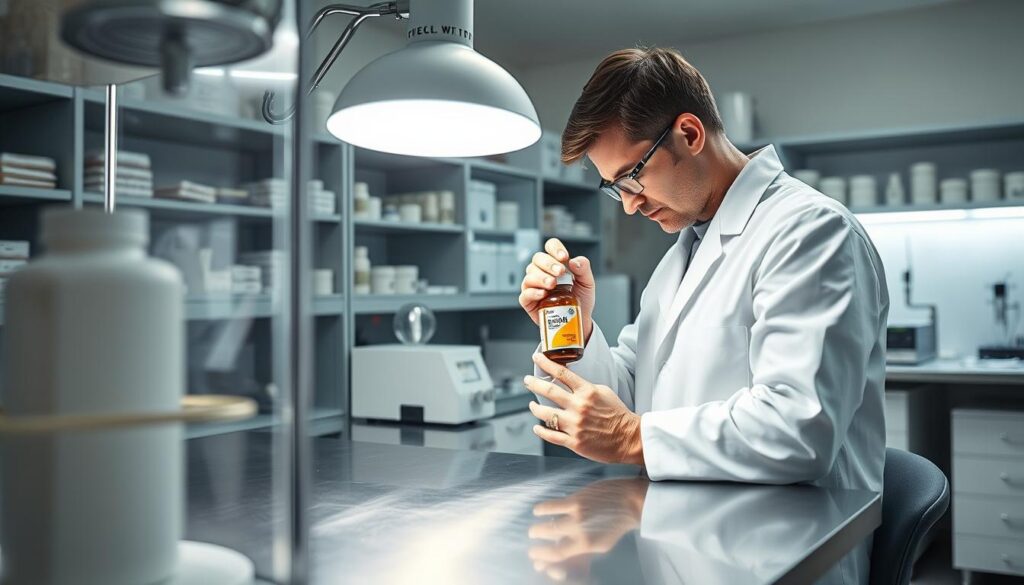
When looking for the best vitamin D supplement, knowing what to look for is key. The FDA doesn’t regulate dietary supplements like it does medicines. This means the quality can really vary. So, third-party testing is a must to know if a supplement is safe and reliable.
To pick a top-notch vitamin D supplement, search for quality certifications from trusted groups:
- USP (United States Pharmacopeia) Verification
- NSF International Certification
- ConsumerLab Approved
These marks show the supplement has been tested well for:
- Ingredient purity
- Accurate dosage
- Being free from contaminants
- Meeting high manufacturing standards
Good manufacturers share details about their testing. Healthcare experts say to check labels for these important signs. The FDA’s Current Good Manufacturing Practices (cGMPs) are a starting point. But, third-party checks add extra peace of mind.
Choosing a vitamin D supplement with third-party testing helps protect your health and ensures you’re consuming a reliable product.
Not all supplements are the same. Top makers spend on thorough testing and share their quality control steps. This gives you confidence in your choice of vitamin D supplement.
Common Mistakes When Choosing Vitamin D Supplements
Choosing the right vitamin D supplement can be tough. Many people make big mistakes that hurt their health. Knowing these mistakes can help you pick better vitamin D options.
One big error is picking a supplement without thinking about your health. Your vitamin D needs change based on your age, lifestyle, and health.
- Overlooking individual health factors
- Selecting incorrect vitamin D form (D2 vs D3)
- Ignoring potential vitamin D side effects
- Taking inappropriate vitamin D dosage
Vitamin D dosage varies a lot. Most adults need about 600 IU a day. But, some people might need more. About 40% of Americans have low vitamin D levels, so taking supplements is important.
Watch out for vitamin D side effects. Too much can cause tiredness, nausea, and kidney issues. Always talk to a doctor to find the right amount for you.
- Recommended daily intake: 600-800 IU
- At-risk groups may need 1,500-2,000 IU
- Maximum safe upper limit: 4,000 IU per day
When picking a supplement, focus on quality. Choose brands that have been tested by third parties. Also, think about how well the supplement is absorbed and if it has other nutrients that help with vitamin D.
Remember: Not all vitamin D supplements are created equal. Your individual health needs should guide your selection.
Conclusion
Finding the right vitamin D supplement is important. It’s not the same for everyone. Your health, age, and vitamin levels matter a lot.
ConsumerLab tested 18 vitamin D supplements. This shows how important quality and effectiveness are.
Knowing what you need is crucial. If you’re over 70, you need more vitamin D. Younger adults need less. People with health issues might need special supplements.
The aim is to keep your vitamin D levels between 25 to 35 ng/mL. This is for your health’s best.
Choose vitamin D3 over D2 for better results. Taking it with a fatty meal can help absorption by 50%.
Always talk to a doctor before starting supplements. They can help make sure you’re getting what you need.
Your path to better vitamin D levels is unique. By choosing wisely and understanding your body, you can improve your health.
